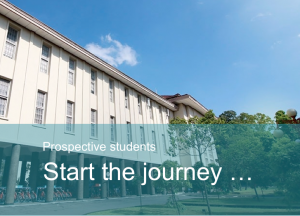Overview of Elective Courses
The 2021 curriculum structure of the Computer Science Study Program is as follows: (1) Compulsory courses with a total of 98 credits; and (2) elective courses with a minimum of 46 credits. Elective courses can be: (a) elective courses offered by the Study Program; (b) courses taken from study programs within UGM; (c) courses taken from other universities outside UGM; (d) courses (credit recognition/equivalent) from MBKM activities. Taking courses from other study programs inside UGM can start from semester 2.
There are 8 (eight) types of MBKM activities, which are provided by the study program and can be chosen by students, namely: (1) Student exchange; (2) Internship or work practice; (3) Research; (4) Independent study/project; (5) Entrepreneurial Activities; (6) Projects in the Village / KKNT; (7) Teaching assistance in schools; (8) Humanitarian projects.
click check boxes to see more each content

